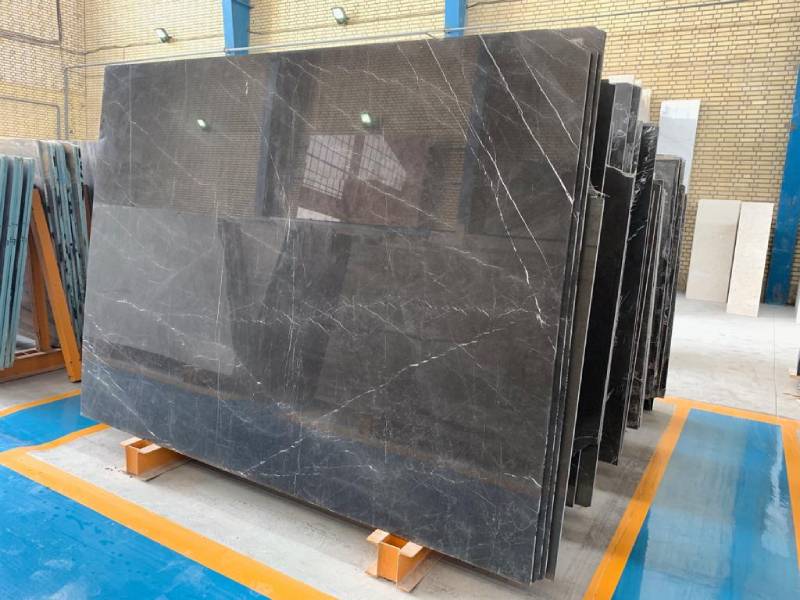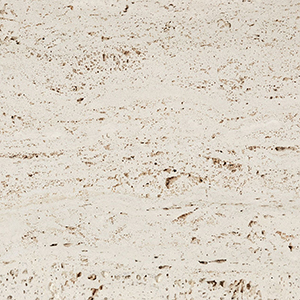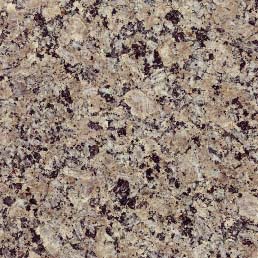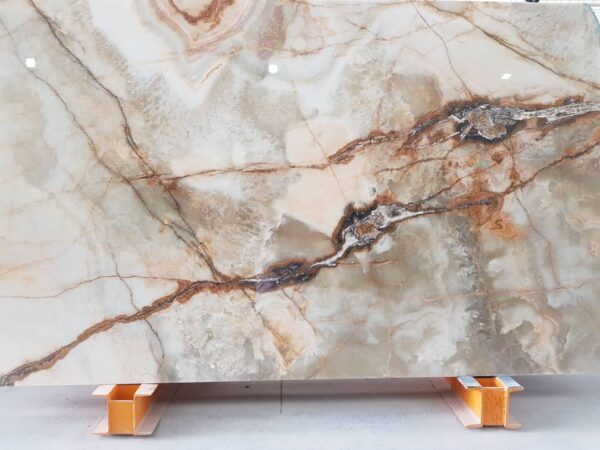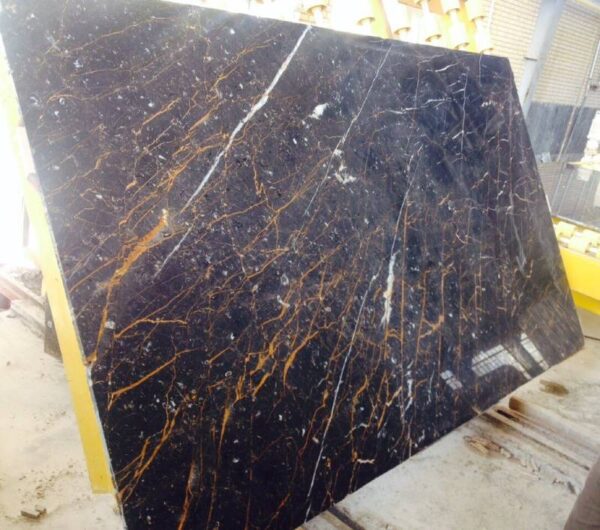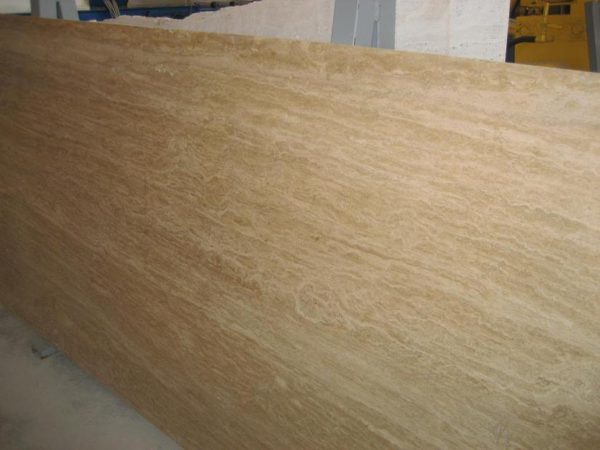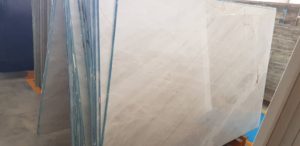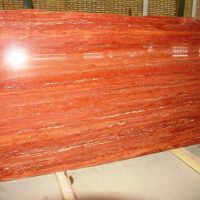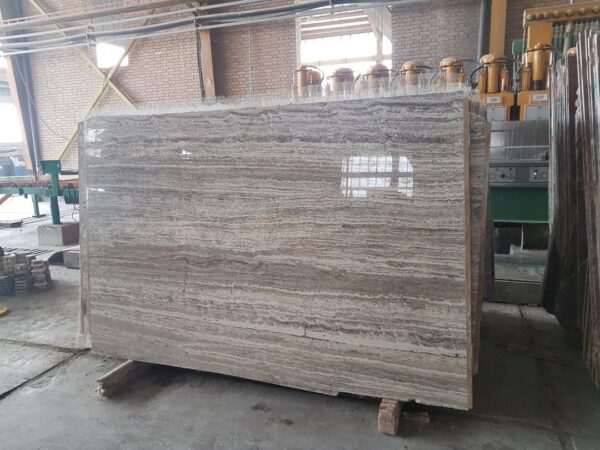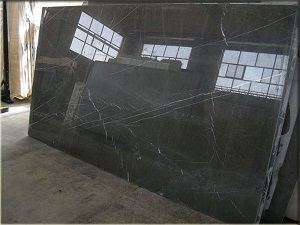The thing that definitely would grab your attention when you first enter a house is its flooring. And when it comes to flooring there is no other elegant and luxurious material than Natural Stone Floor Tile. be it Granite or Traverine, no matter whether it is small or big size, natural stones are indicative of the state-of-the-art of nature.
One of the most prestigious natural stone, marble flooring has been used for centuries. It has a universal reputation for its soft grain pattern and colors ranging from white to red, and green to black. Polished marble is slippery and it’s not recommended for moist areas such as the kitchen and bathroom. However, the honed one can be the better attentive.
https://www.rockstone.biz/marble-slabs/
In spite of the beauty of marble, it’s not proper for flooring as it can be prone to scratch and stain easily.
It is a kind of sedimentary stone that comes in different colors from cream to dark. Beyond any doubt, the antique look and elegant texture together with its rustic edge has made this stone to one of the most popular stones for flooring.
https://www.rockstone.biz/benefits-of-travertine/
forming under extreme pressure, granite is one of the hardest natural stones used for high-traffic areas such as flooring. It differs in color and pattern and the popular one is its black granite.
https://www.rockstone.biz/best-granite-for-import/
Similar to travertine it is one of the sedimentary stones. it has been used for thousands of years. its peerless pattern provides your house with timeless beauty. If you are looking for a timeless look, you’d better choose limestone for being so elegant. Plus, it is among the hard stones that can last a lifetime.
https://www.rockstone.biz/uses-of-limestone/
Having decided on your stone, you need to be aware of some other practical points to consider before choosing your own stone. these
Absorption rate refers to how porous the natural stones are. The more absorbent they are, the more susceptible they would be to stains and cracking. The absorption rate will be divided into, Non-vitreous (high absorption rate), Semi-vitreous (less absorption rate), Vitreous (standard absorption), and Impervious (resistant to absorption). So different stone has different absorption levels. In general, sandstone is the most porous natural stone material. Travertine, limestone, and slate have medium absorbency, while granite is relatively waterproof. Sealers are used to
Oxidation is one of the most important factors in natural stones’ lifetime. Owing to being formed beneath the earth for millions of years’ ego, natural stones contain a wide range of different elements characterized by the advent of different colors and the problem is that some of these elements can oxidize in an outdoor area. This can degenerate natural stone tile over time.
The coefficient of friction is another important factor to consider for choosing natural stone flooring, especially in moist and traffic areas i.e. bathrooms and kitchens.
Grade is known as a quality parameter which refers to the shape, size, and thickness of the tile. It is usually divided into 3 grades i.e. high quality (grade 1), a minor defect for irregular area (grade 2), and less quality (grade 3) which is appropriate only as accent pieces. If you wish to choose an extremely resistant natural stone against scratching, you’d better go for grade 3 which is If you are looking for a highly resistance natural stone for an area with high traffic, you’d better go for grade
Using natural stone for indoor and outdoor
Some natural stone flooring materials are more suitable for outdoor applications than others. Many of the factors above will determine whether a material should be used in an open-air environment.
Non-vitreous materials will be subject to staining through dirt and acid rain, as well as cracking when absorbed materials freeze and expand. Stones that have a low coefficient of friction will also pose a slipping hazard during rain and snow storms.
https://www.rockstone.biz/best-way-to-cut-sandstone/
But what are the advantages and disadvantages of using natural stone flooring, here you can find some of them.
Pros:
There are many aesthetic and practical reasons why natural stone flooring can be a good choice:
- Each piece of stone is a unique creation of the earth, making every flooring application one of a kind. Every floor is entirely unique.
- The mountain-born qualities of the stone can help to give living spaces a direct and eternal connection to the natural world, unlike any other building material.
- While there is some debate about the ecological impact of quarrying and transporting stone materials, the tiles themselves are natural, nonpolluting, eco-friendly pieces. Purchasing stones that were acquired locally can cut down on the environmental impact of transport.
Cones:
There are also some drawbacks to the use of natural stone:
- With the exception of granite and some slates, natural stone is quite porous and needs to be treated with a sealing agent periodically to protect its surfaces.
- Some polished materials such as marble can scratch easily.
- Some stones are also very brittle and will chip easily.
When purchasing natural stone flooring materials it is important to do your research and understand the characteristics of the material you are purchasing. Find out whether it is appropriate for your specific application and how much maintenance it will require. Ask your retailer multiple questions, and get to know the material as much as you can before you make a purchase.

